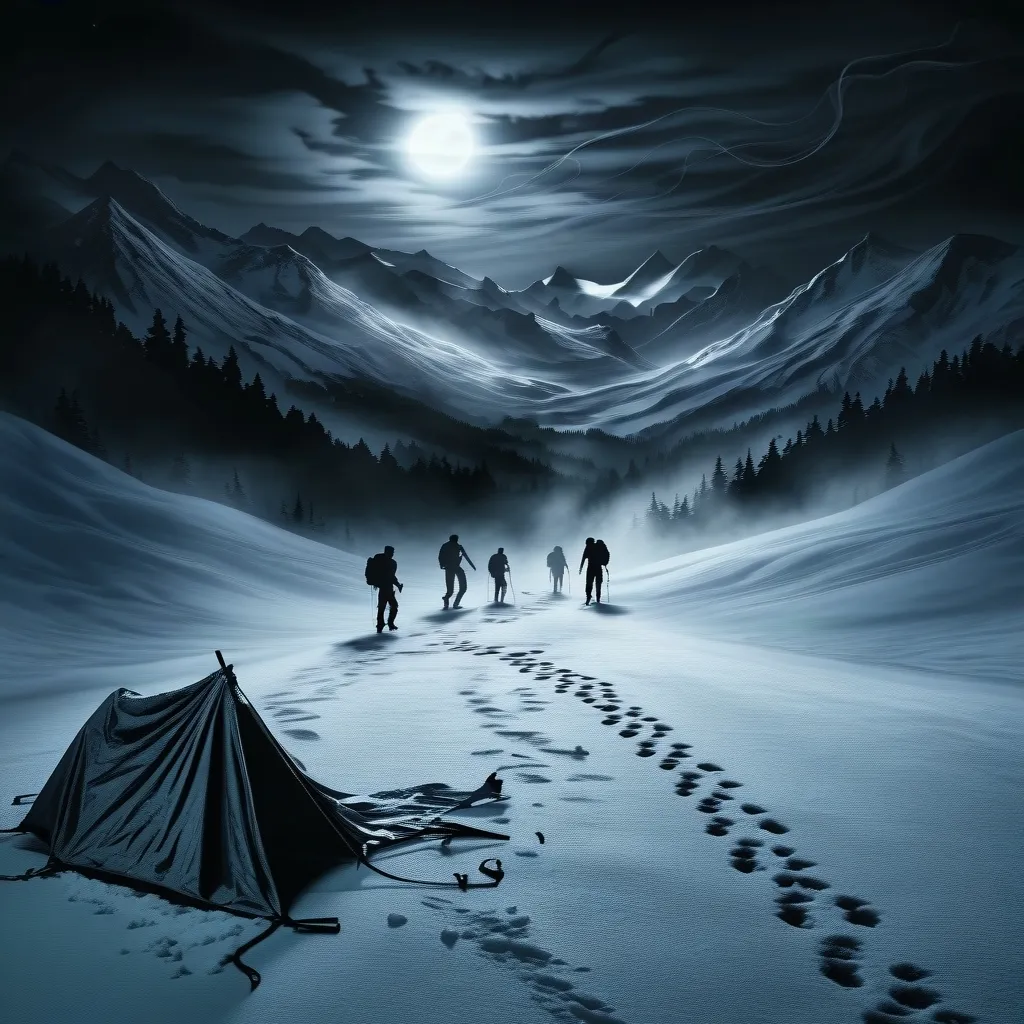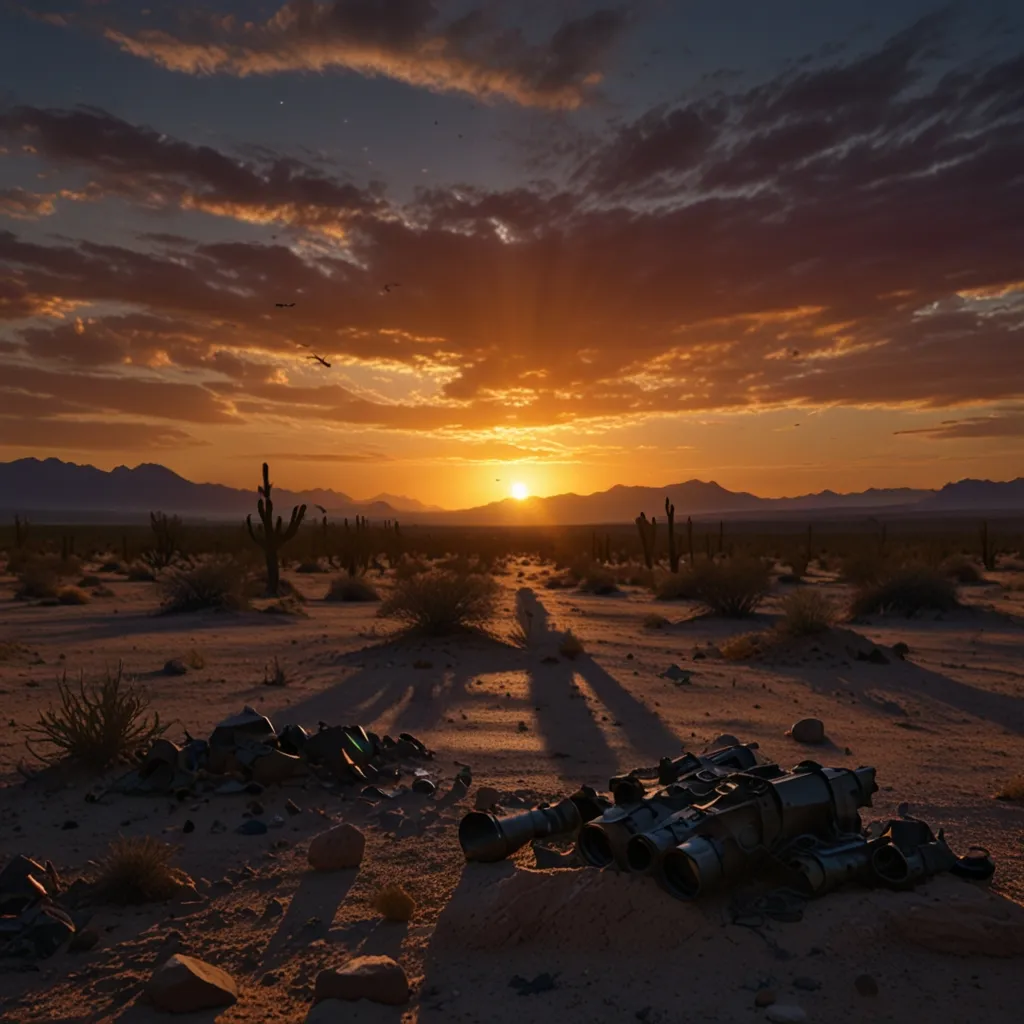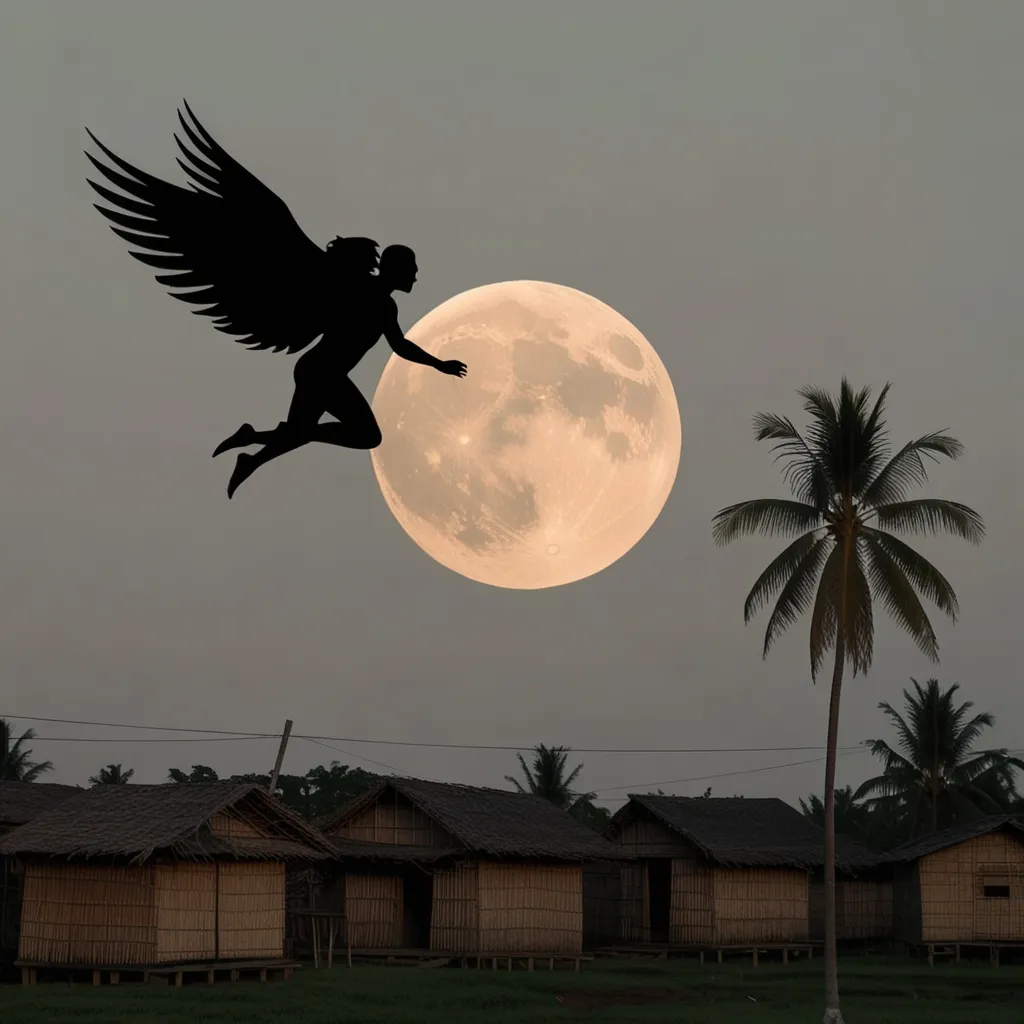The Dyatlov Pass Incident: A Chilling Mystery That Still Haunts Us
Picture this: It’s 1959, and nine young Russian hikers set off on what should’ve been the adventure of a lifetime. Little did they know, their journey would become one of the most baffling mysteries of the 20th century. The Dyatlov Pass Incident has been keeping investigators, researchers, and conspiracy theorists up at night for over 60 years. And let me tell you, it’s a doozy.
So, what exactly went down? Well, on February 1, 1959, Igor Dyatlov and his crew of eight fellow adventurers embarked on a 16-day trek to Gora Otorten mountain in the Ural Mountains. These weren’t your average weekend warriors - we’re talking experienced hikers and athletes from the Ural Polytechnic Institute. They knew their stuff when it came to surviving in the wilderness.
But something went terribly wrong. When February 20 rolled around and the group hadn’t returned, people started to worry. A search party was sent out, and what they found was straight out of a horror movie.
The bodies of the hikers were scattered across the mountain, some as far as a mile from their tent. And get this - some were found in their underwear, others barefoot in the freezing snow. Talk about a nightmare scenario. But it gets weirder. Some of the bodies had severe injuries, including fractured skulls and missing eyes. One poor soul was even found without a tongue. Yikes.
The tent itself was a scene of chaos. It had been ripped open from the inside, as if the hikers had been desperately trying to escape something. But what? What could have been so terrifying that it made these experienced outdoorsmen flee into the deadly cold night in various states of undress?
The initial investigation didn’t shed much light on the situation. They concluded that the hikers died due to “a compelling natural force.” Gee, thanks for clearing that up, guys. As you can imagine, this vague explanation only fueled the fire of speculation.
Over the years, theories have ranged from the plausible to the downright bonkers. Some folks reckon the hikers were victims of an infrasound-induced panic. Others think they were attacked by animals, or even Yetis (because why not throw a cryptid into the mix?). Some have even suggested that local tribesmen might have been involved.
One of the most enduring theories is that the hikers were caught in a snow avalanche. It seems logical at first glance, right? But hold your horses - this theory has more holes than Swiss cheese. For starters, there were no obvious signs of an avalanche when the search team arrived. Plus, the slope where they pitched their tent wasn’t steep enough for your typical avalanche. And the injuries? They didn’t match what you’d expect to see in avalanche victims.
But wait, there’s more! In recent years, two clever researchers named Alexander Puzrin and Johan Gaume have come up with a new twist on the avalanche theory. They suggest that the hikers might have been victims of a rare type of snow slab avalanche. These sneaky avalanches can occur on low-angled slopes and are triggered by wind-blown snow piling up over time.
Puzrin and Gaume didn’t just pull this idea out of thin air. They backed it up with some serious science - computer simulations, analytical models, the works. They even went on several expeditions to Dyatlov Pass, braving the same harsh conditions the hikers faced. Talk about dedication to solving a mystery!
During one of these expeditions in January 2022, they hit the jackpot. They managed to capture video evidence of recent slab avalanches in the area. Here’s the kicker - these avalanches disappeared under fresh snowfall within hours. This could explain why the rescue team couldn’t find any signs of an avalanche weeks after the incident. Pretty neat, huh?
But hold on to your hats, because the plot thickens. Even with this new evidence, other theories are still popping up like whack-a-moles. One of the more recent and intriguing ideas suggests that the hikers might have been caught up in a manmade disaster. Some researchers think a failed Russian rocket launch could have released a nitric acid fog in the area. This nasty stuff could have caused confusion, pain, and ultimately led to the hikers’ deaths.
This theory isn’t just pulled out of thin air either. There were reports of fireballs seen in the area around the time of the incident. Plus, melted snow was found near the campsite. It’s like something out of a sci-fi movie, but could it be the key to unlocking this mystery?
The Dyatlov Pass Incident investigation has been like a wild roller coaster ride of theories and counter-theories. From avalanches to military experiments gone wrong, each explanation comes with its own set of challenges and head-scratching inconsistencies. It’s a perfect example of how science, wild speculation, and good old-fashioned human curiosity can get all tangled up in the search for truth.
For those of us who’ve been following this mystery over the years, the Dyatlov Pass Incident is more than just a tragic event. It’s like a real-life puzzle that refuses to be solved, constantly teasing us with new clues and possibilities. The bizarre injuries, the lack of clear evidence, and the remote, inhospitable location all come together to create a story that’s as captivating as it is disturbing.
When you really think about it, the truth of what happened on that mountain is probably as complex and layered as the snow-covered slopes of the Ural Mountains themselves. Every time we think we’ve got it figured out, another piece of evidence comes along and throws a wrench in the works. It’s like peeling an onion, only to find more layers underneath.
The Dyatlov Pass Incident serves as a stark reminder that sometimes, even with all our fancy scientific tools and investigative know-how, some secrets might stay buried in the snow forever. It’s a humbling thought, isn’t it?
But you know what? That’s part of what makes this mystery so darn fascinating. It’s not just about figuring out what happened to those nine hikers back in 1959. It’s about our never-ending fascination with the unknown and our stubborn determination to find answers. Whether it was Mother Nature throwing a curveball, a human-made disaster, or something we haven’t even thought of yet, the mystery of Dyatlov Pass keeps us coming back for more.
It’s like a chilling campfire story that never ends, constantly reminding us of the raw power of nature and the limits of what we humans can understand. And let’s be honest, there’s something oddly comforting about that. In a world where we think we’ve got everything figured out, the Dyatlov Pass Incident stands as a testament to the fact that there are still mysteries out there waiting to be solved.
So, next time you’re planning a hiking trip, maybe think twice about venturing into unknown territory. You never know what secrets the mountains might be hiding. And if you do go, make sure you’ve got a good story to tell when you get back. After all, that’s what the Dyatlov hikers would have wanted - for their tale to be told, retold, and pondered over for generations to come.
In the end, the Dyatlov Pass Incident is a reminder that sometimes, the journey to find the truth is just as important as the destination. It keeps us questioning, keeps us wondering, and most importantly, keeps us humble in the face of the great unknown. And who knows? Maybe someday, someone will crack this case wide open. Until then, we’ll keep speculating, theorizing, and marveling at one of the greatest unsolved mysteries of our time.






